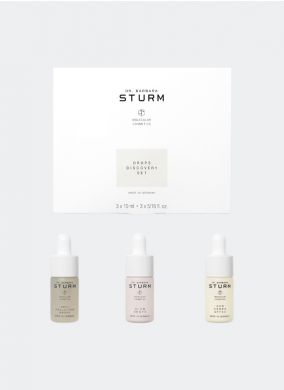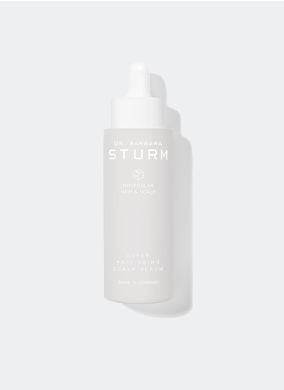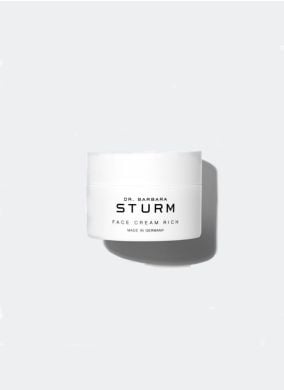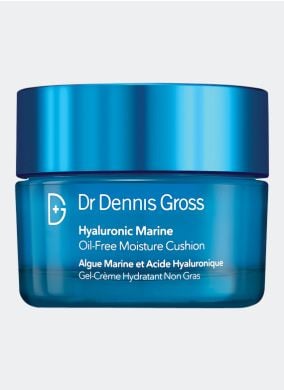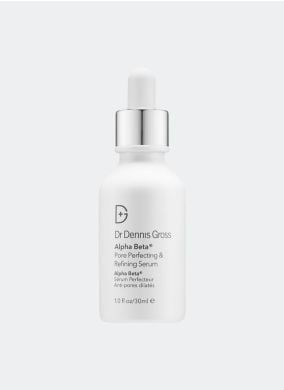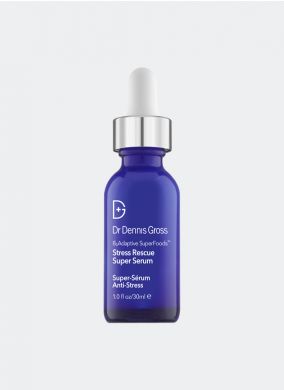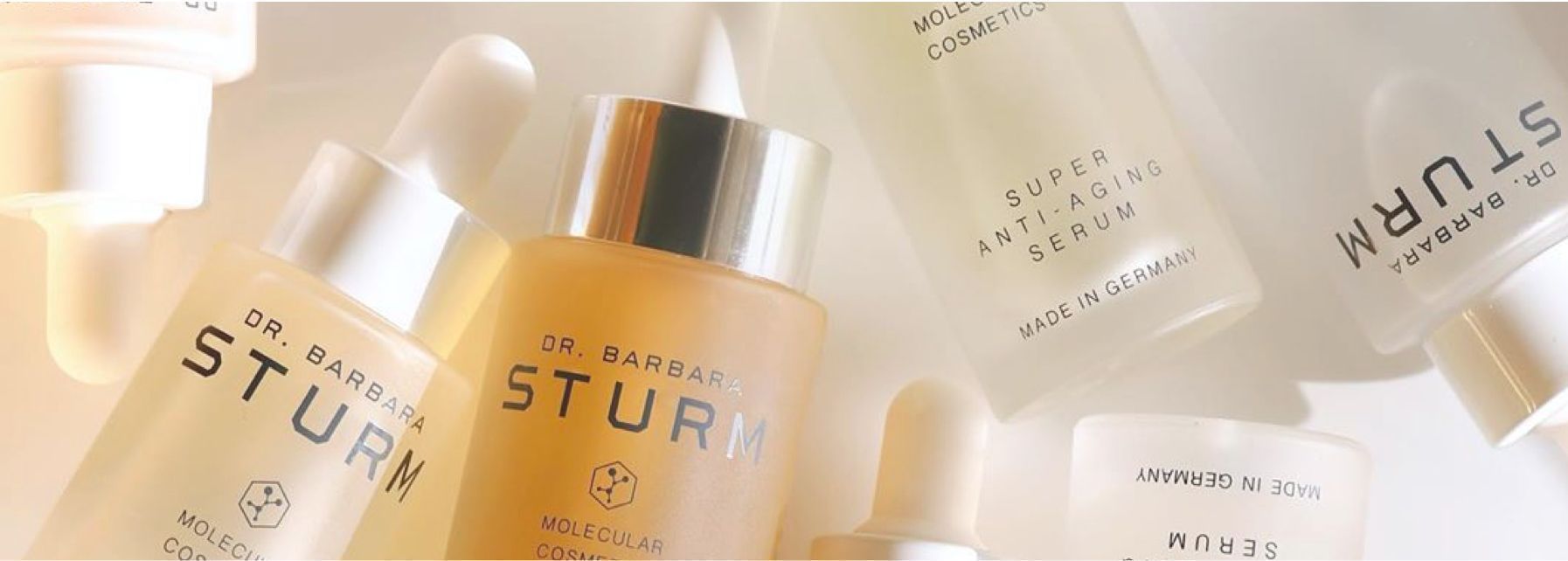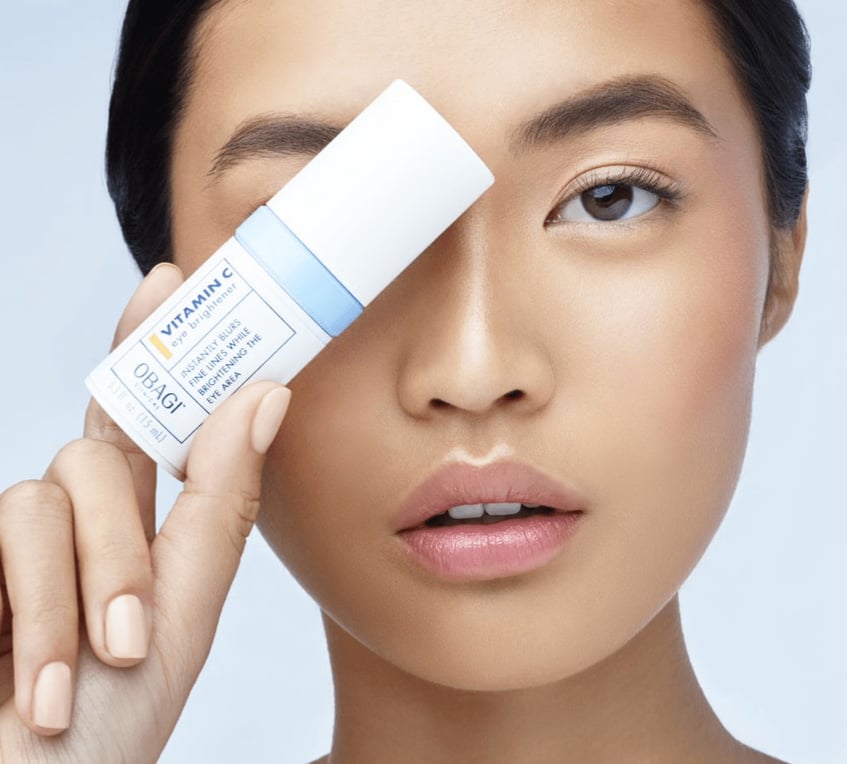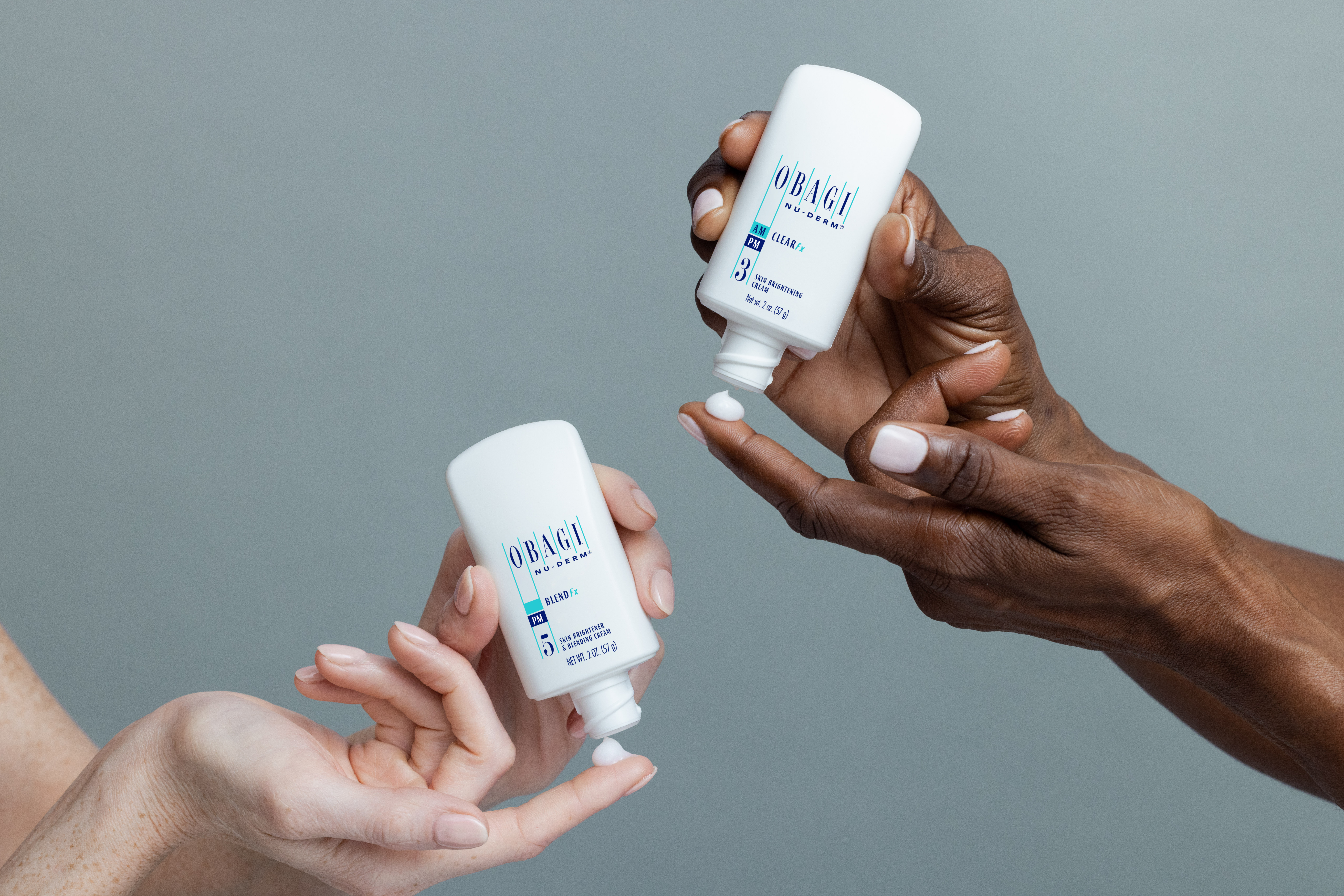What is clean beauty?
Clean beauty in one of the hottest skincare trends this Autumn 2020 along with other buzzwords like ‘eco’, ‘cruelty free’ and ‘sustainability’ being thrown around the skincare industry. But what do these words actually mean? And what is clean beauty?

Clean Beauty
A poll was taken by Harper Bazaar that asked 1,000 women whether they were using clean beauty products, and an overwhelming majority of more than 60% said they already were. This will come as no shock, with drugstore and high end skincare brands flooding the market with ‘clean’, ‘eco’, ‘cruelty free’ and ‘sustainable’ options. To be a part of the clean beauty movement you don’t have to have the surname Paltrow or have a pantry filled with handmade cleansers and exfoliators, it can be as simple as visiting your local skincare store. Brands such as Clarins have released a Vegan skincare line and Wella Professionals with their plant-based hair colour, this movement is one which is only gaining momentum and showing no signs of slowing. Much of this demand has come from millennial's and Gen Z’s leading the way with more mindful skincare rituals and buying practices.
Put bluntly, there still is no official definition of ‘clean beauty’; it is a fluid concept that is still open to interpretation. The idea of clean beauty however, has connotations of ‘hypoallergenic’, ‘natural’, ‘green’ and ‘chemical free’. The problem with the term ‘chemical free’ is that it is an empty claim. All natural AND synthetic ingredients are chemicals. Similarly with ‘natural’, just because a beauty product contains only natural ingredients does not necessarily mean it is good for your skin, good for the environment or even as effective as synthetic ingredients. One prominent example is Palm Oil. Whilst this popular skincare and makeup ingredient is all natural, sourced from the fruit on tropical palm reeds, its harvesting has detrimental effects on the environment causing deforestation and the loss of animal habitats. Just because a beauty product is ‘natural’ doesn't also make it more effective. Natural products are often contaminated with substances in unregulated measure, where a synthetic alternative would be cleaner and even safer. Similarly with the term ‘green’, this can be used to describe a product which is biodegradable and doesn’t have a negative impact on the environment. However, as with the term ‘clean’, it does not have an official definition.
Whilst the consumption of clean beauty products are filled with good intentions, just because a skincare product looks ‘clean’ does not necessarily mean it is so. The beauty industry is self-regulated, meaning that brands can make a clean beauty claim with little to no oversight. So it is time to get smart about your skincare!
Clean Beauty At Skinstation
Here at Skinstation, one of our favourite ‘clean beauty’ brands is Dr Barbara Sturm. As the woman behind the “vampire facial” and “blood creams’, Dr Barbara Sturm set out to make a world class skincare line that “yields maximum results with a minimum number of products”. This rejuvenating skincare line will deliver highly effective beauty products, without compromising your clean beauty goal.
Dr Barbara Sturm’s skincare line sought to achieve a high-end and highly effective skincare product, without any unnecessary damaging ingredients, and boy did she succeed! Each of the products in this clean beauty skincare line are uncomplicated and eliminate all damaging, toxic or irritating ingredients, they are also all cruelty-free.
The latest from skincare
Skincare from the inside out. Tap into our world of award-winning skincare, 'the best of', new products and more.
Think you don’t need SPF daily? Think again. We debunk 4 common sunscreen myths and share why protecting your skin every day is a must.
Learn how to manage redness with expert skincare tips, top product recommendations and lifestyle advice this Rosacea Awareness Month.
Discover why sustainable beauty defines modern beauty. Explore eco-mindful skincare brands leading the conscious beauty movement.
Discover Jan Marini Skin Research, Skinstation's Brand of the Month. Explore clinically advanced skincare solutions that target ageing, hydration, and skin rejuvenation.

